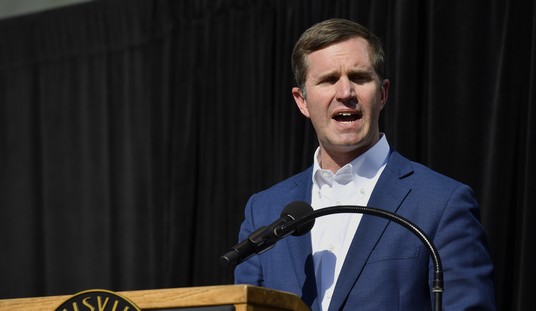"Democrats have bankrupted Chicago," tweets Sen. Rand Paul (R-Kentucky). "Will voters allow Dems to destroy finances of USA as well?"
Democrats have bankrupted Chicago. Will voters allow Dems to destroy finances of USA as well?
— Rand Paul (@RandPaul) June 9, 2024
How Debt Ate Chicago | City Journal https://t.co/PsIi58Vu4o
The national debt must be addressed. The total U.S. public debt outstanding is greater than $34.67 trillion. There are by the latest count more than 336.5 million U.S. citizens. 34.67 trillion divided by 336.5 million equals 103,031. Thus, a figure near one hundred thousand dollars of equal U.S. debt share can be attributed to each U.S. citizen. The national debt should be a top political priority, and there should be a vigorous ongoing debate about what significant measures should be taken to rein it in. The center of the national debt debate should not be whether to do anything about the problem. The center of the national debt debate should not be whether to take modest or significant measures to deal with the problem. The national debt debate should center around which significant measure, a policy that will unequivocally reduce the national debt, is appropriate to deal with the problem.
Democrats spend government dollars. They campaign making no secret of their intention to spend, and in office they continue to push an agenda filled with government spending. These days, it is rare to hear a Democrat offer as much as lip service to the need to eliminate wasteful spending, to the need to balance the federal budget, or to the need to rein in the national debt. The Democrat agenda contravenes the steps that need to be taken to address the national debt, yet Democrats continue to win elections. There is a gigantic gulf between where the center of the national debt debate should be, around which significant measure is appropriate to deal with the problem, and where the national debt debate too often falls, whether to do anything about the problem, because Democrats, who have demonstrated no effort toward reining in the national debt, continue to win elections.
Voters elect the officeholders who make policy pertaining to the national debt. When Democrats win elections, it can be concluded that the voters who elected them are oblivious to the national debt, not concerned by the national debt, or not serious about dealing with a problem they know exists. The first and most important step of dealing with the problem that has become of the national debt is the election of people who will take the significant policy measures that are necessary. Elections should be choices between which candidate is stronger to deal with the national debt, not which candidate will do anything at all about the national debt.
From the bottom-up to the top-down comes the solution to the national debt problem. Voters elect candidates who will make the difficult policy decisions to deal with the national debt problem. Those who are elected make the difficult policy decisions that begin to and will continue to eat away at the trillions of dollars in national debt. The result is a lessening of the burden on all Americans.
























Join the conversation as a VIP Member